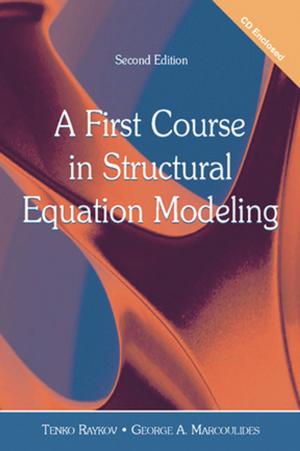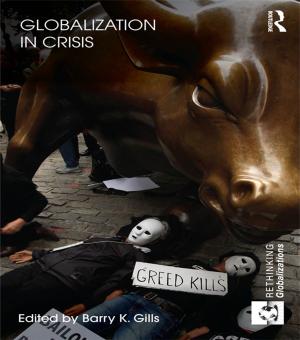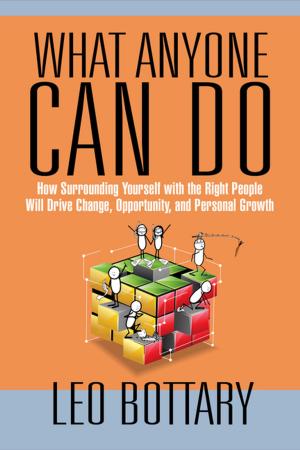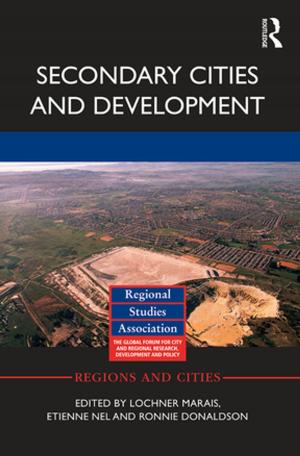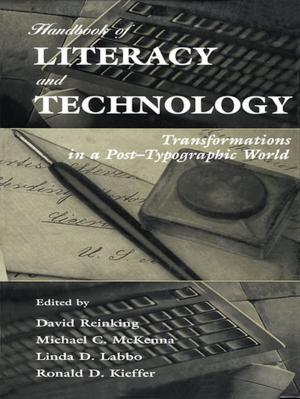| Author: | John Skorupski | ISBN: | 9781134183920 |
| Publisher: | Taylor and Francis | Publication: | August 21, 2006 |
| Imprint: | Routledge | Language: | English |
| Author: | John Skorupski |
| ISBN: | 9781134183920 |
| Publisher: | Taylor and Francis |
| Publication: | August 21, 2006 |
| Imprint: | Routledge |
| Language: | English |
John Stuart Mill is one of the greatest thinkers of the nineteenth century. But does he have anything to teach us today? His deep concern for freedom of the individual is thought by some to be outdated and inadequate to the cultural and religious complexities of twenty first century life.
In this succinct and shrewd book, John Skorupski argues that Mill is a profound and inspiring social and political thinker from whom we still have much to learn. He reflects on Mill's central arguments in his most famous works, including Utilitarianism and On Liberty, and traces their implications for democratic politics. With the use of topical and controversial examples, including privacy, religious intolerance, and freedom of speech, he makes Mill's concerns our own at a time when what liberalism means, and why it matters, is once again in dispute.
He concludes that Mill's place in the pantheon of 'great thinkers' rests not only on his specific political and social doctrines, but above all on his steadfastly generous and liberal vision of human beings, their relations to one another, and what makes life worth living.
John Stuart Mill is one of the greatest thinkers of the nineteenth century. But does he have anything to teach us today? His deep concern for freedom of the individual is thought by some to be outdated and inadequate to the cultural and religious complexities of twenty first century life.
In this succinct and shrewd book, John Skorupski argues that Mill is a profound and inspiring social and political thinker from whom we still have much to learn. He reflects on Mill's central arguments in his most famous works, including Utilitarianism and On Liberty, and traces their implications for democratic politics. With the use of topical and controversial examples, including privacy, religious intolerance, and freedom of speech, he makes Mill's concerns our own at a time when what liberalism means, and why it matters, is once again in dispute.
He concludes that Mill's place in the pantheon of 'great thinkers' rests not only on his specific political and social doctrines, but above all on his steadfastly generous and liberal vision of human beings, their relations to one another, and what makes life worth living.

